The mental health impacts of moderating social media are often ignored.
How can businesses and managers protect their community moderators from burning out?
Tim Hanslow of Preface Social Media says that many businesses underestimate the skills and efforts involved in managing a vibrant social media community.
By devaluing these skills, businesses can easily overlook the daily stresses and complexities of working in such a frenetic – and often divisive – environment. And, if left unchecked, this constant grind can gradually lead to mental exhaustion, anxiety and other mental health issues.
“The big issue is that a lot of people – even people that are working with community managers and social media staff – don’t see that these things are happening,” says Hanslow.
“They’re here for eight hours a day being paid to do a job and someone’s screaming and attacking them and writing these hateful things. We’re really simple creatures. We like to pretend that we’re not, but our primitive brains control what we do. Having all of those things thrown at you again and again, it takes a toll on people. It’s relentlessly difficult to be facing these things hitting you one by one, one after the other. And it just keeps going.”
While casual social media users might not give most posts a second thought, a moderator expends a lot more mental energy to determine exactly how, or if, to respond. “Our brains wear out like everything else. You’ve got to empathise with all these people, one after the other, and take on all of this stuff,” explains Hanslow.
“Connecting with a simple comment requires your brain to do a whole lot of things in the background. Over time you get better at it. This woman’s obviously having a stressful day, or this problem is really important to this guy. But it takes information in the background for you to reach that. And then you’ve got all the negativity and the questions that go with it.”
A duty of care
Businesses have a duty of care towards their social media teams, and the first step is to recognise the genuine mental health impacts of having to monitor and process negative comments and content every day.
“It’s the mental health stigma that exists around the world and very heavily in Australia,” says Hanslow. “It’s hard for people to ask for support. We need to normalise people being able to say they are mentally exhausted and drained and just get that conversation out there.”
There are ways in which businesses can help to reduce these negative effects, and for community moderators to provide better self-care as well. Hanslow recommends using social media engagement tools when interacting on behalf of the business to create a level of separation from the native platforms a person might visit on their own time. This also makes it easier to switch things off when the shift is over, reducing the likelihood of constant notifications switching the person’s brain back into crisis-management-moderator-mode when it should be resting or focusing on other activities.
“The other big one is not having people be in those trenches all the time. The same staff member shouldn’t have to deal with the inappropriate comments all day, every day. If you do it for 20 minutes every morning, 20 minutes every afternoon, and everyone does that, it’s going to have less of an effect over time because you get to close it when that 20 minutes is done.”
“Social media is on 24×7. Sometimes people choose to be there. Sometimes they’re forced to be. And sometimes it’s just the way the circumstances are. But the fact that they’re constantly assessing and dealing with these things takes a toll that, over time, changes people.”



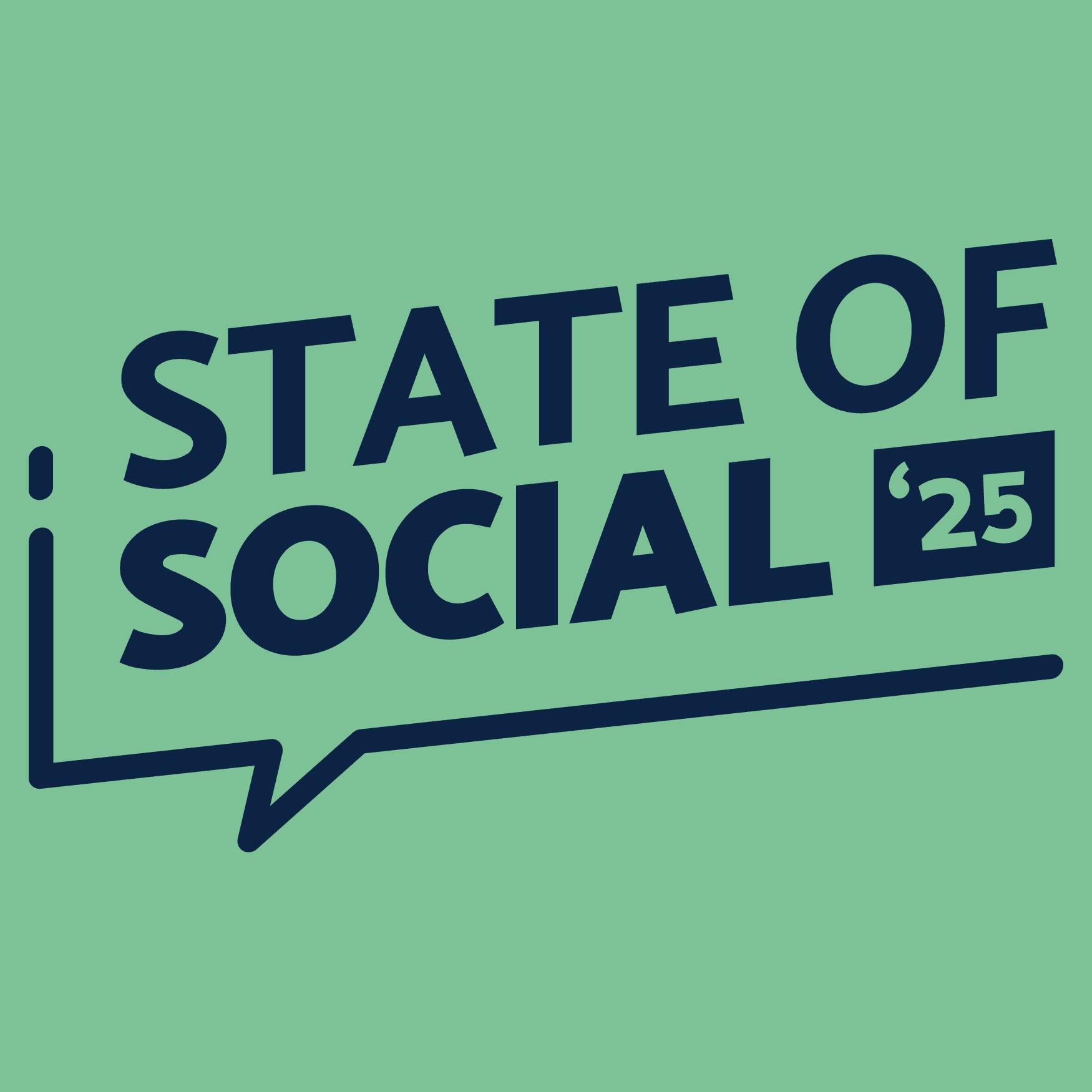
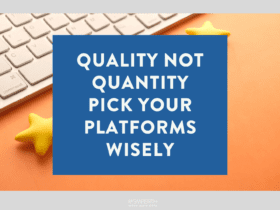
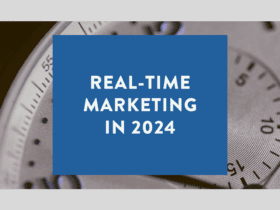
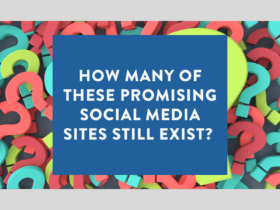
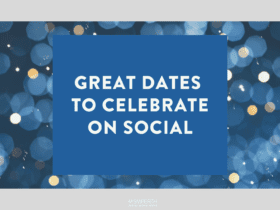
LET’S CONNECT